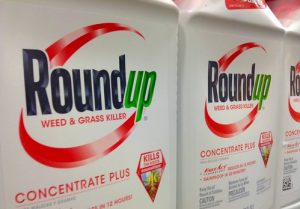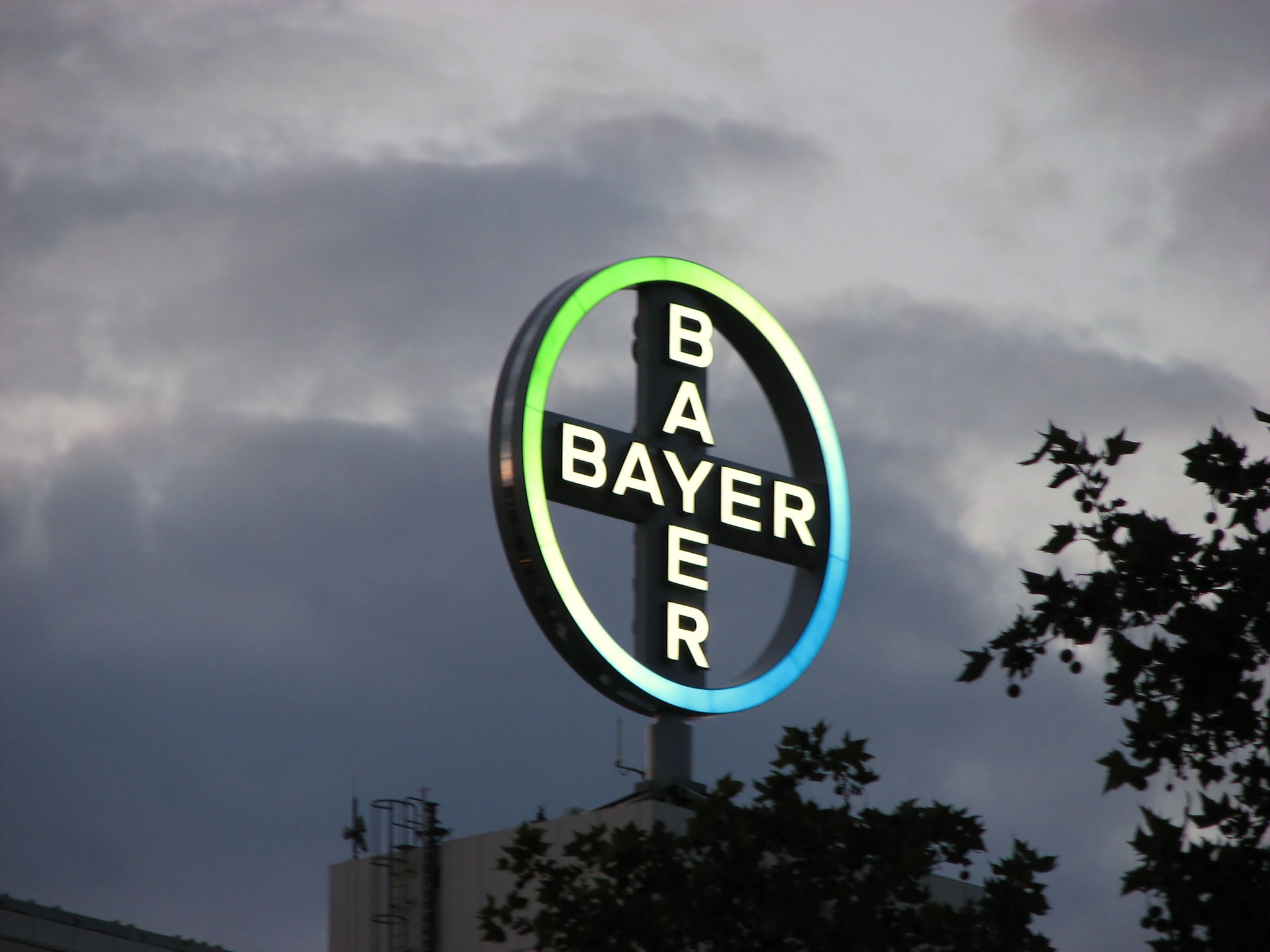Why is Bayer pushing its data-collecting FieldView app on farmers interested in protecting the environment? The answer is clear if you follow the money.
Ever notice that when environmentalism became trendy, hordes of businesses started trying to convince us that their products were oh-so-virtuously environmental, even products as intuitively awful as trash collection bound for the landfill? Painting a garbage truck green doesn’t make it sustainable, though, and when famous names in the Big Ag and chemical industries start trying to market themselves as woke servants of Gaia Herself, they, too, merit more than a little skeptical side-eye. Case in point: the FieldView App, which ostensibly helps farmers store carbon in their soil. What’s not to love?
Bayer AG, the German pharmaceutical giant that brought Essure to the marketplace, decided to add another nīðing to its corporate family with the 2018 purchase of Monsanto. The $66 billion deal will end up costing Bayer even more after settling lawsuits related to Monsanto’s glyphosate weedkiller, sold under the brand name Roundup. In 2018, Bayer CEO Werner Baumann reassured investors that the company was “fully committed” to its Monsanto integration despite a California court’s decision to award a school groundskeeper $289 million for claims that exposure to Roundup caused him to develop non-Hodgkin’s lymphoma. That was far from Bayer’s only glyphosate liability; the company announced earlier this summer that it will pay more than $10 billion to settle thousands of lawsuits related to cancers caused by glyphosate, as well as other Monsanto products like dicamba and PCBs.
Sporting such a black eye, it makes sense for Bayer to cast around for corporate redemption. It didn’t have to look very far. With the effects of climate change growing more obvious by the day, what could polish Bayer’s halo more than paying farmers to sequester carbon in their fields? Bayer is taking advantage of this low-hanging fruit by launching a pilot program in the United States and Brazil to do just that. To take part in the Bayer Carbon Initiative, however, farmers must use the FieldView app, which is owned by The Climate Corporation. Which was owned by Monsanto. Which is owned by Bayer.
Once they’re sharing their data with Bayer via the FieldView app, farmers can earn credits by adopting Bayer-approved, “climate smart” practices on their land. Bayer is a major advocate of no-till farming, which really can be more environmentally friendly than standard tillage-based agriculture. Ordinarily, avoiding tillage slows evaporation and allows better rainwater penetration, reducing runoff and erosion. It also keeps the soil structure intact, which fosters communities of beneficial organisms and a healthy soil biome.

Unfortunately, the most efficient way that farmers can cash in the credits they earn as compensation for following Bayer’s advice is by exchanging them for Bayer products, like glyphosate. Conventional (as opposed to organic) no-till farming also conveniently requires higher than normal herbicide use. Applying glyphosate, however, selects for the kind of resistant weeds that choke farm fields and force companies like Bayer to create another round of herbicides just to stay ahead. Worse yet, studies suggest that pesticides disrupt and and damage the same soil microbiome that no-till agriculture is supposed to build and protect.
Not only is this counterproductive to the goal of sequestering more carbon, it shows the FieldView app and Bayer Carbon Initiative for what they really are: a marketing ploy to gain access to a vast supply of data while selling more of the chemicals that are exacerbating the problem in the first place.
Related: Dicamba Soy: The Problem is the Solution


Join the conversation!